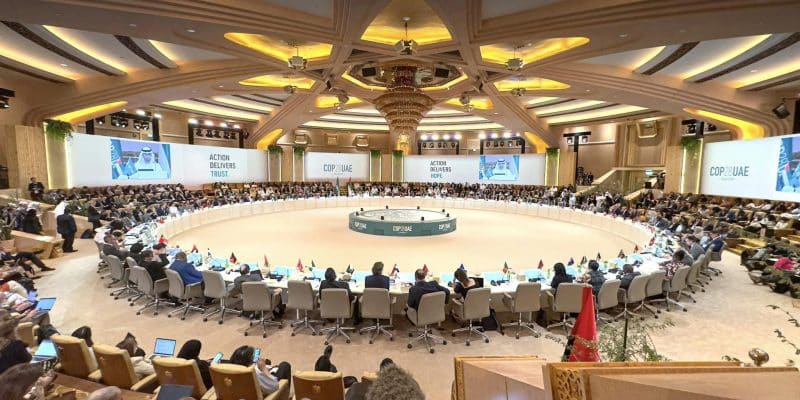In an open letter to African heads of state and government, scientists have denounced a new scramble for oil, gas and coal on the continent, led by former colonial and neo-colonial powers. The letter, published on 27 November 2023 on the eve of the 28th United Nations Climate Change Conference (COP28), calls on African leaders to reject investment in the oil sector and focus instead on developing modern, decentralised renewable energy sources for the continent.
From Mozambique to Uganda, from Senegal to Nigeria and South Africa, via Namibia, the Republic of Congo, the Democratic Republic of Congo (DRC) and Cameroon, nearly 50 African scientists and more than 4,000 young people from 30 African countries are raising their voices. In a joint letter sent to the continent’s heads of state on 27 November 2023, they began by deploring the fact that new investments are being made in fossil fuels that are incompatible with the Paris Agreement and its 1.5°C warming limit.
Read also-After the agreement on financing of loss/damage, what are the challenges for COP28?
These scientists and young African ecologists note that Africa has already warmed by 2°C in some regions since 1900. The letter warns that if current emissions trends continue, the continent could experience an average annual temperature increase of up to 6°C by the end of the 21st century. In the run-up to the 28th United Nations Climate Change Conference (COP), which opens on 30 November 2023 in Dubai, United Arab Emirates, they call on African governments to reject the diversion of real climate and biodiversity solutions promoted by the extractive industries, including carbon markets and biodiversity credit markets. For the latter, only the development of modern, decentralised renewable energy sources can help the continent mitigate and adapt to the effects of climate change.
“I hope that by the end of COP28, resolutions will have been passed to ensure that the United Nations Fund for Loss and Damage and national adaptation plans will be financed by the revenues of those who bear the greatest responsibility for the climate crisis and who have the greatest capacity to do so”, says environmentalist Ekokinya. Ekokinya, who teaches at the University of Kisangani in the north-east of the DRC, is one of 50 climatologists, researchers in the fields of forests, oceans, renewable energies and socio-economic scientists who have signed the open letter.
Boris Ngounou







